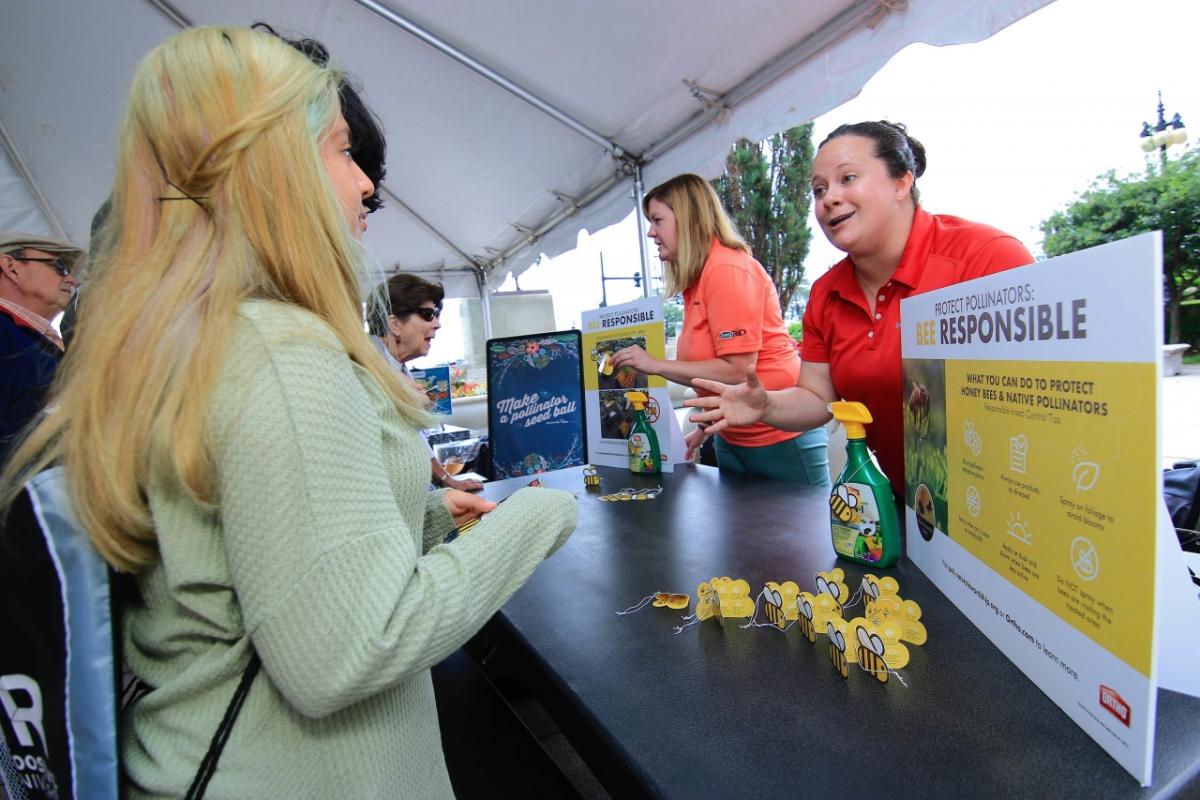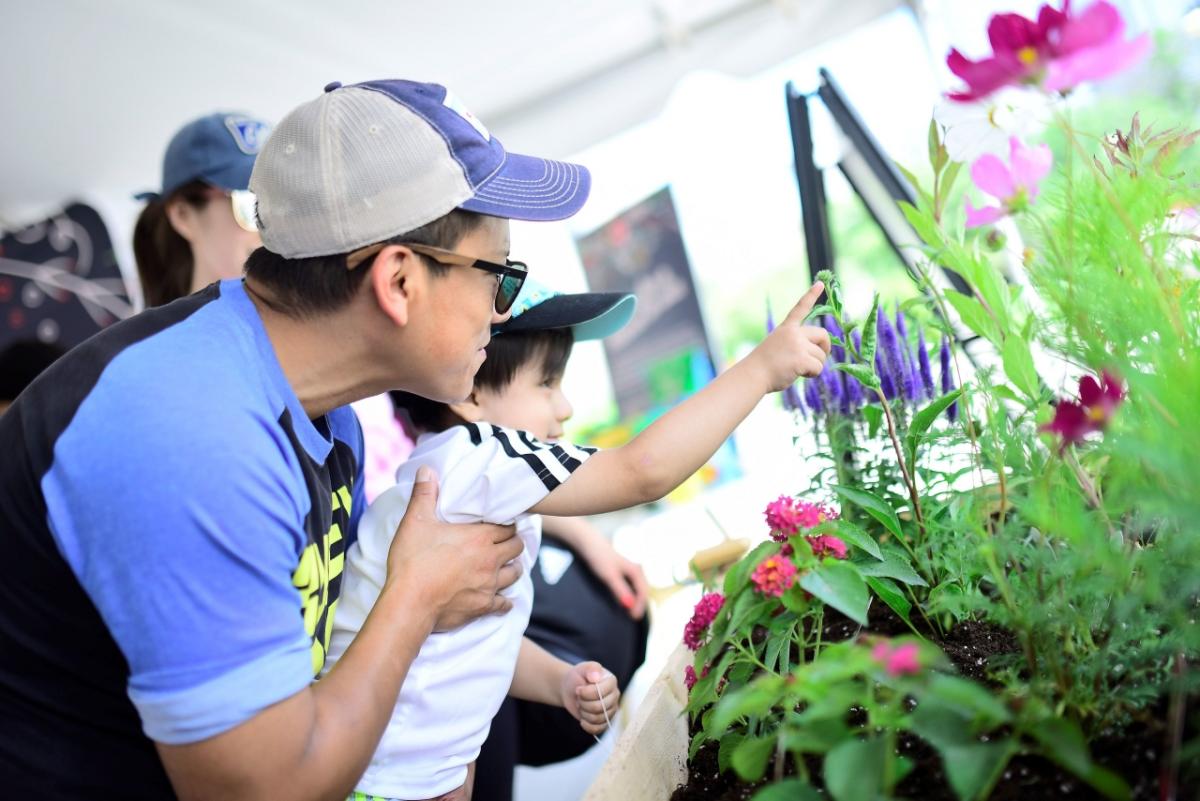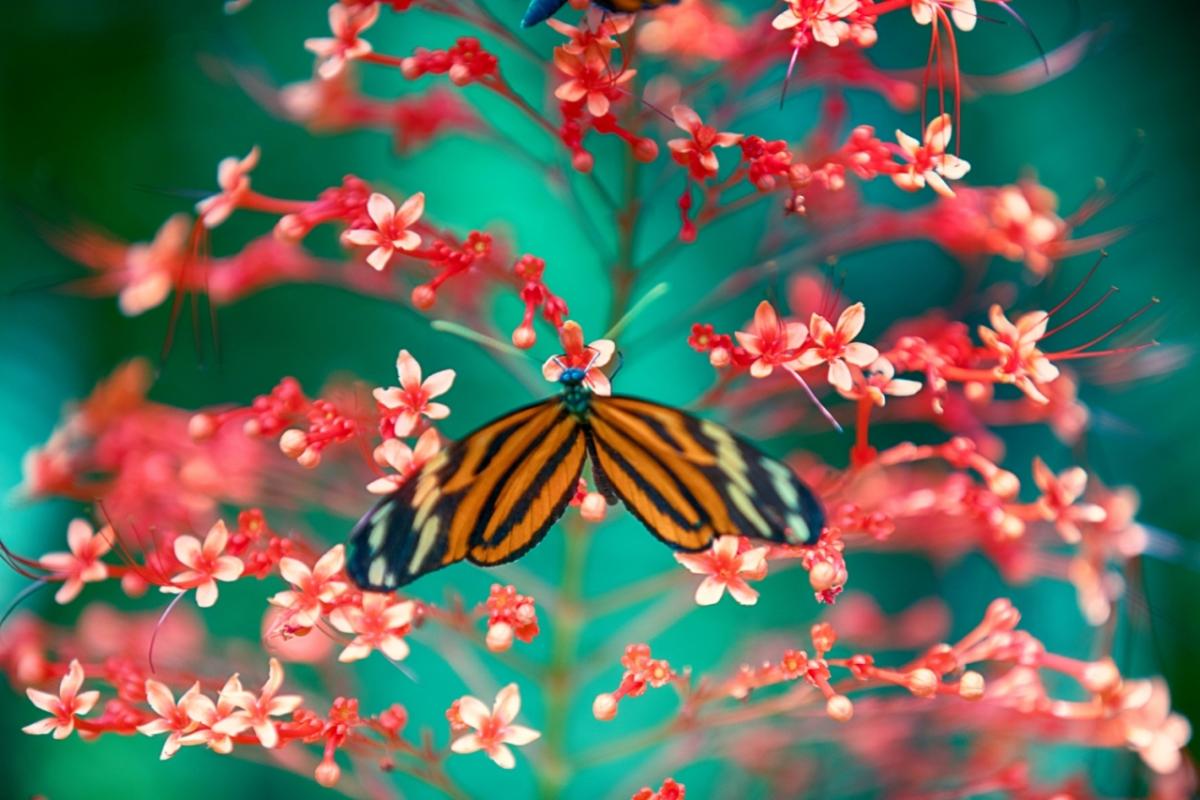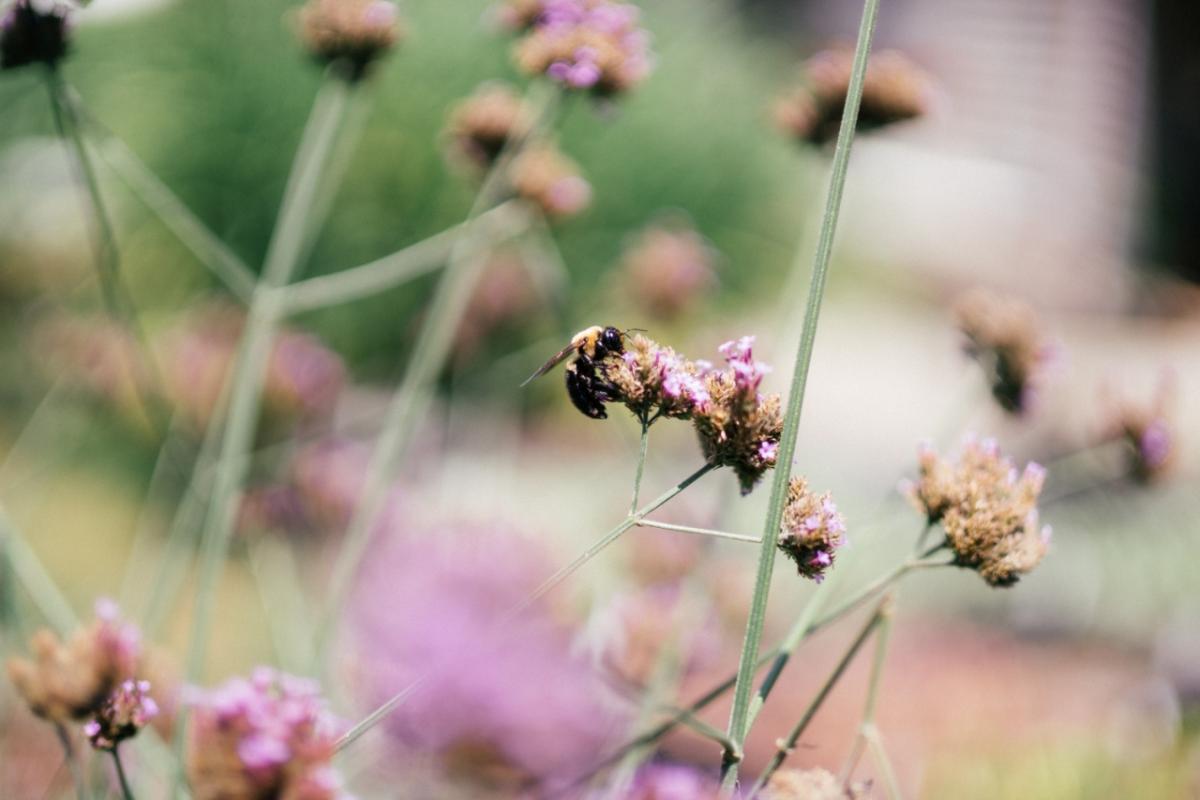4 Tips for Growing a Beautiful Garden and Protecting Pollinators
by Tim Martin, Vice President and General Manager, Ortho
More and more, gardeners want to know how they can protect their roses, tomatoes and other plants from harmful insects while also watching out for bees and other beneficial pollinators. I get questions like these all the time:
“I enjoy growing roses, but I don’t want to hurt bees.”
“I love showing off my garden to my neighbors, friends and family. How can I do what I love without harming the environment?”
Following are four easy-to-follow tips developed with the Pollinator Stewardship Council that you can use in your garden:
- Always use products as directed. You can remove the guesswork by taking a few minutes to read the instructions before using any pest control product for the first time. Many companies, including ScottsMiracle-Gro, also provide detailed safety data sheets online for all their products.
- Focus spray on leaves and stems to avoid flowers. A product designed to control insect pests may also harm pollinators if they come into contact with it. Bees and other pollinators are attracted to the nectar found in a plant’s blooms, and there is no easy way to keep them away from flowers. To stay on the safe side, avoid applying pest control products on or around blooms.
- Spray product when air is calm to avoid drift. To avoid the product drifting into unintended areas, take note of the wind before using any pest control product. If it’s more than 10 mph, wait for a calmer time.
- Apply at dusk and dawn when bees are less active. Bees in particular are less active in the early evening hours, particularly when the temperature dips below 55-60 degrees Fahrenheit. And at any time of day, if you notice pollinators foraging where you are using pest controls in your garden, stop and wait for a better time.
By following these tips, you can watch out for honey bees, butterflies and other pollinators in your backyard and garden--and still protect your roses and tomatoes from damaging insects.
Next spring, shoppers in retail locations throughout the United States will find these educational tips prominently displayed alongside OrthoⓇ neonic-alternative garden control products. You can find more information about protecting pollinators, and our company’s decision to remove neonicotinoids from our outdoor garden control products, on the OrthoⓇ website.





